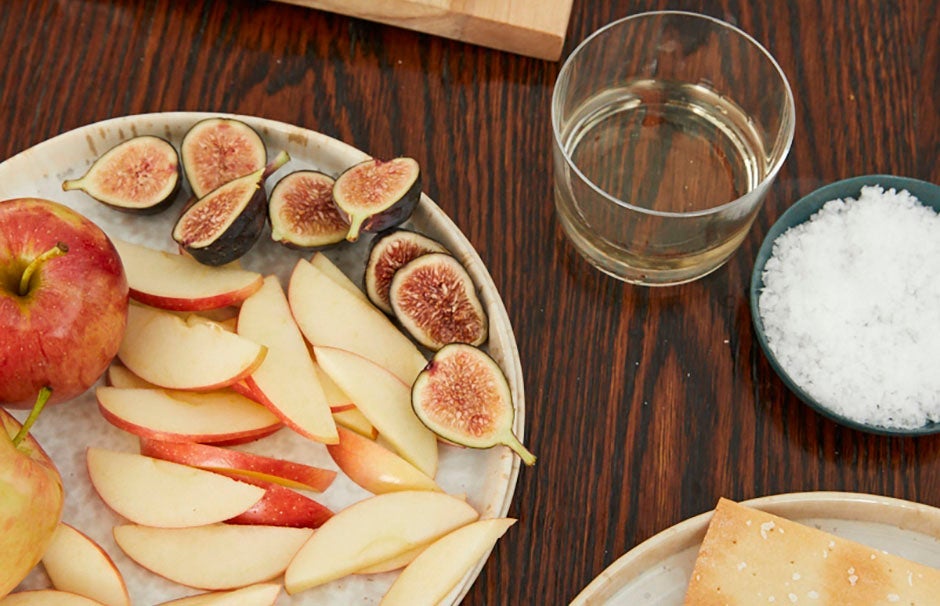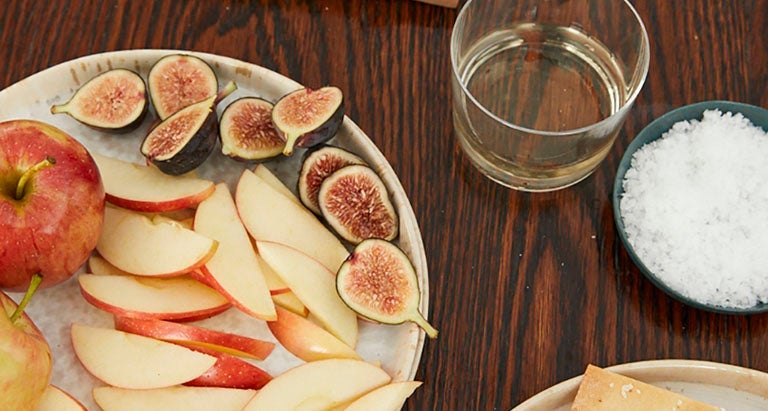Diabetes type 2 diet: myth busting


We've all heard the stereotype – if you’ve got diabetes, you must have eaten too much sugar. But is there any truth to this?
With type 1 diabetes, insulin-producing cells in your pancreas are destroyed by your immune system. No amount of sugar in your diet – or anything related to your lifestyle – has caused you to get type 1 diabetes.
While sugar doesn't directly cause type 2 diabetes, being overweight is a risk factor. Weight gain is a result of consuming more calories than you need - and as we know, sugary foods and drinks contain lots of calories.
So, sugar may indirectly be a contributing factor to developing type 2 diabetes. But does that mean you have to cut sugar out of your diet completely?
Cue our first myth.
Diabetics do not have to cut sugar out of their diets; in fact, in some cases sugary drinks or glucose tablets are essential for treating low blood glucose levels. Sugar is also found naturally in fruit and veg, which you should start or continue to eat as part of a healthy diet.
However, it's always a good idea to cut down on added sugar (the kind you find in biscuits and chocolate). Beware, as this can be found lurking everywhere, including pasta sauces, baked beans, low fat yogurts, ready meals and tomato ketchup.
RELATED: The sweet spot - how to find hidden sugar
Sugary drinks and fruit juice can cause blood glucose levels to shoot up very high and very quickly, so these are best avoided too. Instead, drink water, unsweetened tea or coffee and sugar-free or diet soft drinks.
Here are a couple of other myths be to wary of:
You can only eat diabetic foods.
In the past, patients who were newly diagnosed with diabetes were often told simply to cut out sugar - or sent away with a long list of foods that were off-limits.
Luckily, those days are long gone, and the advice is to simply eat a healthy, balanced diet - which means you can eat a wide variety of foods. If you're unsure where to start, try signing up for a healthy eating programme to jumpstart your journey to better health and wellness.
Fruit is off-limits because it contains too much sugar.
You can still enjoy fruit! However, bear in mind that fruit is a carbohydrate, and that the amount of carbohydrates you eat has the biggest effect on your blood glucose levels. Opt for moderate portions, and spread your servings throughout the day. It's also important to choose good sources of carbs, including wholegrains, pulses, vegetables and some dairy foods.
RELATED: 9 low carb recipes to try
Recommended diabetes diet plan
Following a healthy, balanced diet - that means regular meals with plenty of fruit and veg and eating less sugar, salt and saturated fat - will help to control blood glucose, blood fats and blood pressure. It will also help you maintain a healthy weight, which can reduce your risk of diabetes complications, including heart disease and stroke.
If you treat your diabetes with certain medications that put you at risk of hypos (low blood glucose), you may need to introduce snacks into your diet. Speak to your GP if you're unsure, and before beginning a new healthy eating programme.
Sources
diabetes.org.uk
